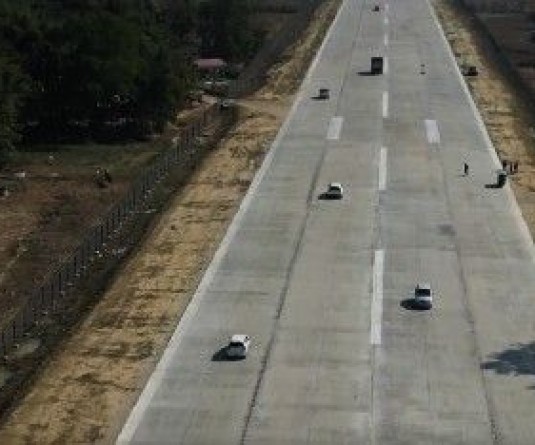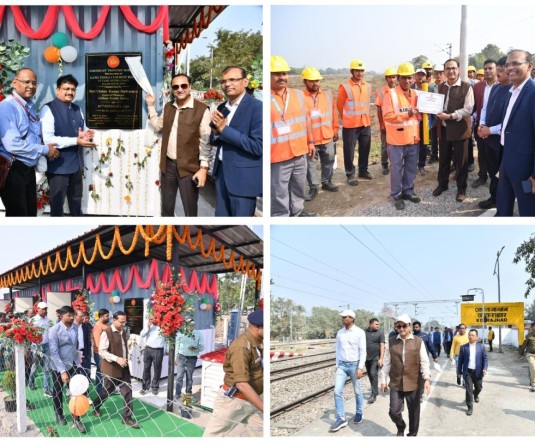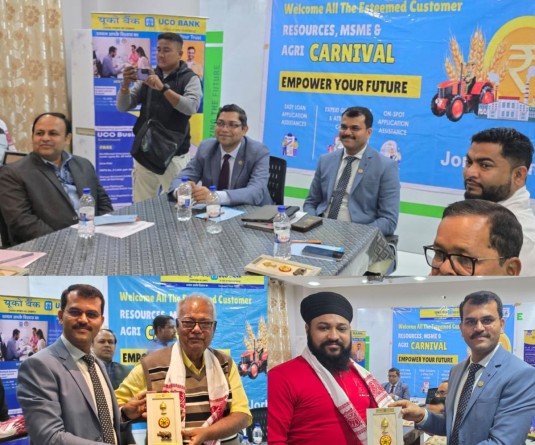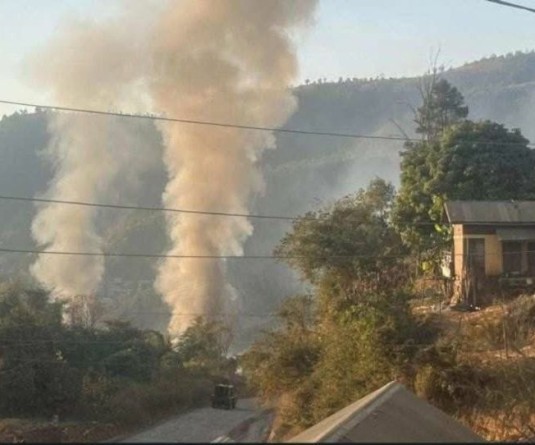New Delhi: Union Home Minister Amit Shah speaks during a meeting organised to sign a tripartite agreement between central government and Assam government, and representatives of eight tribal militant organisations based in Assam, at North Block in New Delhi, Thursday, Sept. 15, 2022. Assam CM Himanta Biswa Sarma is also seen. (PTI Photo/Arun Sharma)
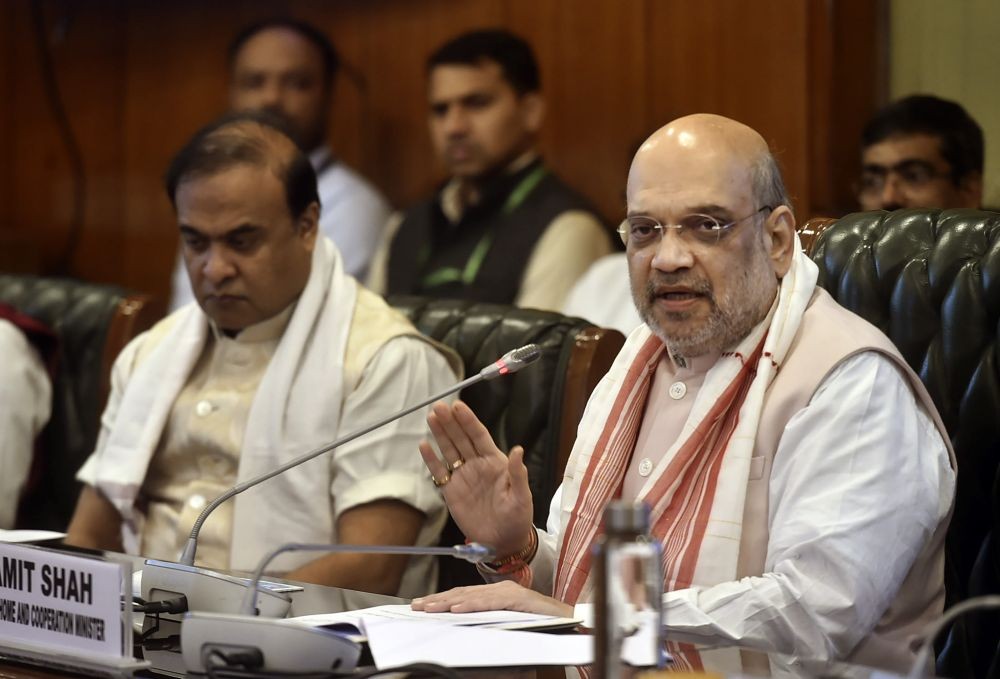
Center signs agreement with eight Adivasi groups of Assam
New Delhi, September 15 (PTI): Union Home Minister Amit Shah on Thursday said several efforts have been made to make the Northeast developed, the most important of which is to establish peace in the region.
He said this while presiding over the signing of an agreement among the central and Assam governments and representatives of eight Adivasi groups.
The agreement was signed here to end decades-old crisis of Adivasis and tea garden workers in Assam, an official statement said.
The groups that signed the agreement included BCF, ACMA, AANLA, APA, STF, AANLA (FG), BCF (BT) and ACMA (FG).
The home minister said in accordance with Prime Minister Narendra Modi's vision of a peaceful and prosperous Northeast, this agreement will prove to be another important milestone in the direction of making the Northeast extremism free by 2025.
He said after Modi became the prime minister, many efforts have been made in the direction of making the Northeast peaceful and developed, the most important of which is to establish peace in the Northeast.
Shah said 1,182 cadres of tribal groups of Assam have joined the mainstream by laying down arms.
He said the Ministry of Home Affairs has taken steps to develop the Northeast by promoting and developing the rich culture of the region, settling all disputes, establishing peace and accelerating development in the Northeast to make it peaceful and prosperous.
He said due to lack of communication and conflict of interests, different groups took up arms due to which thousands of lives were lost in the encounter between these groups and the state governments and central security forces.
Shah said the central government, under the leadership of Prime Minister Modi, has decided that before 2024, all border disputes among the Northeastern states and all disputes related to armed groups will be resolved.
The groups which signed the pact are in ceasefire since 2012 and living in designated camps.
Except the hardline faction of the banned ULFA, led by Paresh Baruah, and the Kamatapur Liberation Organisation, all other rebel groups active in Assam have entered into peace agreements with the government.
The home minister said the government led by Modi has a record that it has fulfilled 93 per cent of all the agreements signed so far, resulting in the restoration of peace in the entire Northeast including Assam.
In the agreement, it is the responsibility of the governments of India and Assam to fulfill the political, economic and educational aspirations of Adivasi groups.
In the agreement, provisions have been made to protect and strengthen the social, cultural, ethnic and linguistic identity of Adivasi groups.
The agreement also provides for the establishment of an Adivasi Welfare and Development Council with a view to ensure speedy and focused development of tea gardens and measures for rehabilitation and resettlement of armed cadres and welfare of tea garden workers.
A special development package of Rs 1,000 crore (Rs 500 crore each by government of India and government of Assam) will be provided over a period of five years for infrastructure development in villages and areas with Adivasi population.
In January, all cadres belonging to the Tiwa Liberation Army and the United Gorkha People's Organisations surrendered with arms and ammunition.
In August, the Kuki Tribal Union militants laid down their arms.
In December 2020, around 4,100 cadres belonging to all factions of the Bodo militant group NDFB had surrendered their arms before the authorities.



